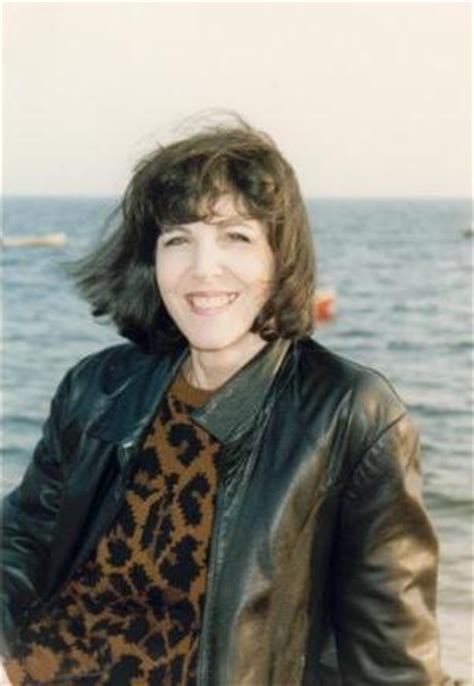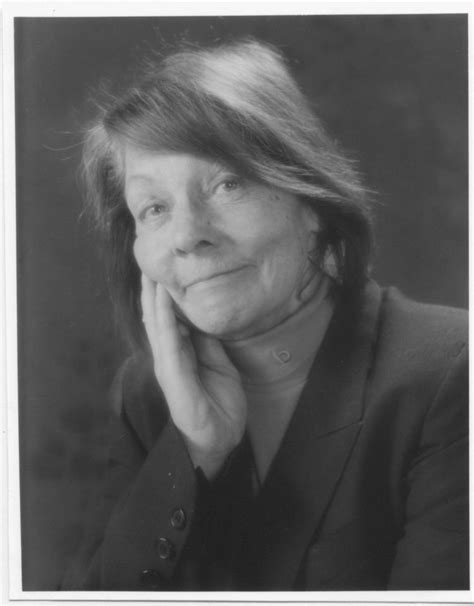A Quote by Andrew Solomon
With children who have never said a word, parents tend to assume, for better or for worse, that there isn't any language there.
Related Quotes
Typing is an essential skill, but it can be painful. Some children just don't know where the letters are. Typing a three-page story, when they have to spend minutes hunting for every letter, can take forever. Yet we tend to assume that children can type, partly because quite a lot of us know where quite a lot of the letters are, so we assume that children do, too.
I have never said, as is sometimes believed, or even suggested that lower-class children should not learn the so-called educated norm of the Portuguese language of Brazil. What I have said is that the problems of language always involve ideological questions and, along with them, questions of power.
There’s a belief now that the problem with our schools is parents, that if we just had better parents we would have better performing kids and, therefore, we wouldn’t have a problem at all. But what’s missing in that equation is that you do have a lot of parents in this country who are very involved in their children’s education and who do want something better. They want to see better for their kids. They know that they’re in schools that aren’t performing particularly well and if you look at how we treat those parents, it is quite poorly.





































